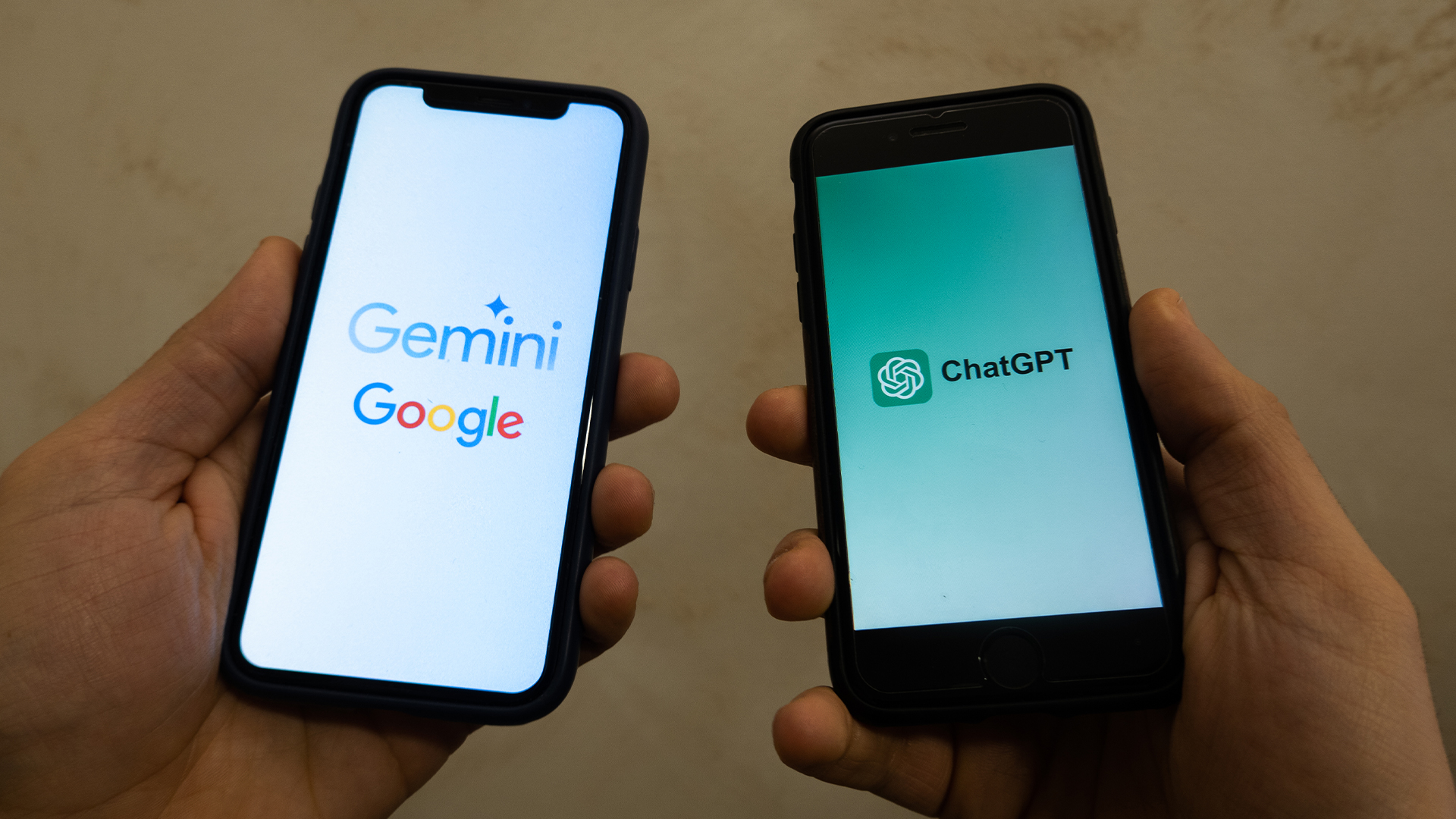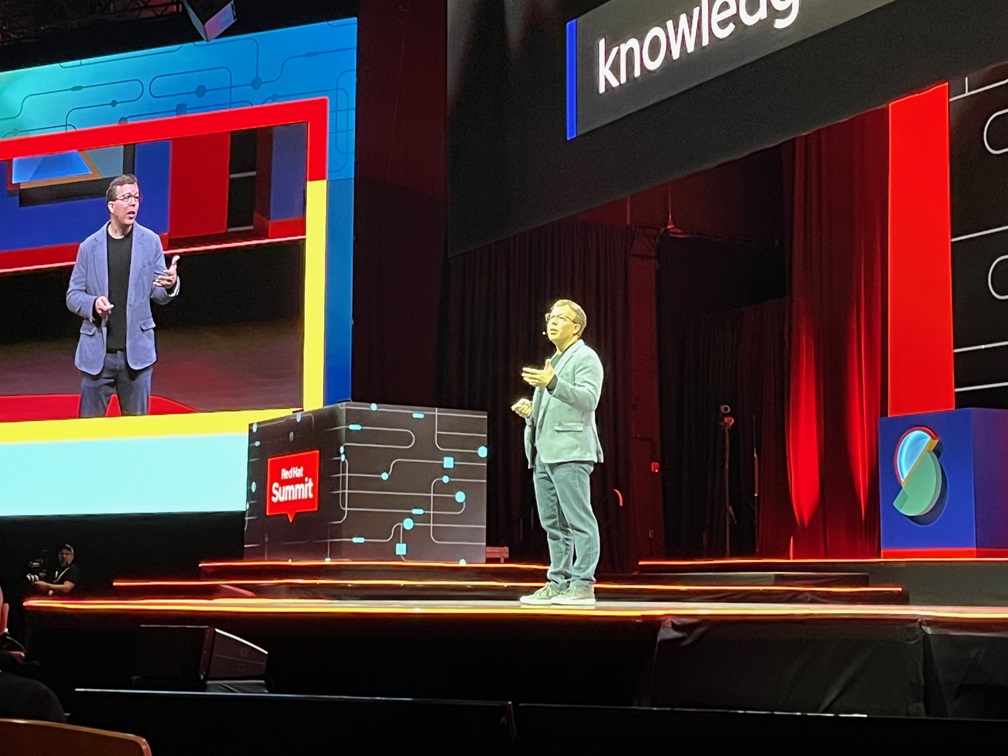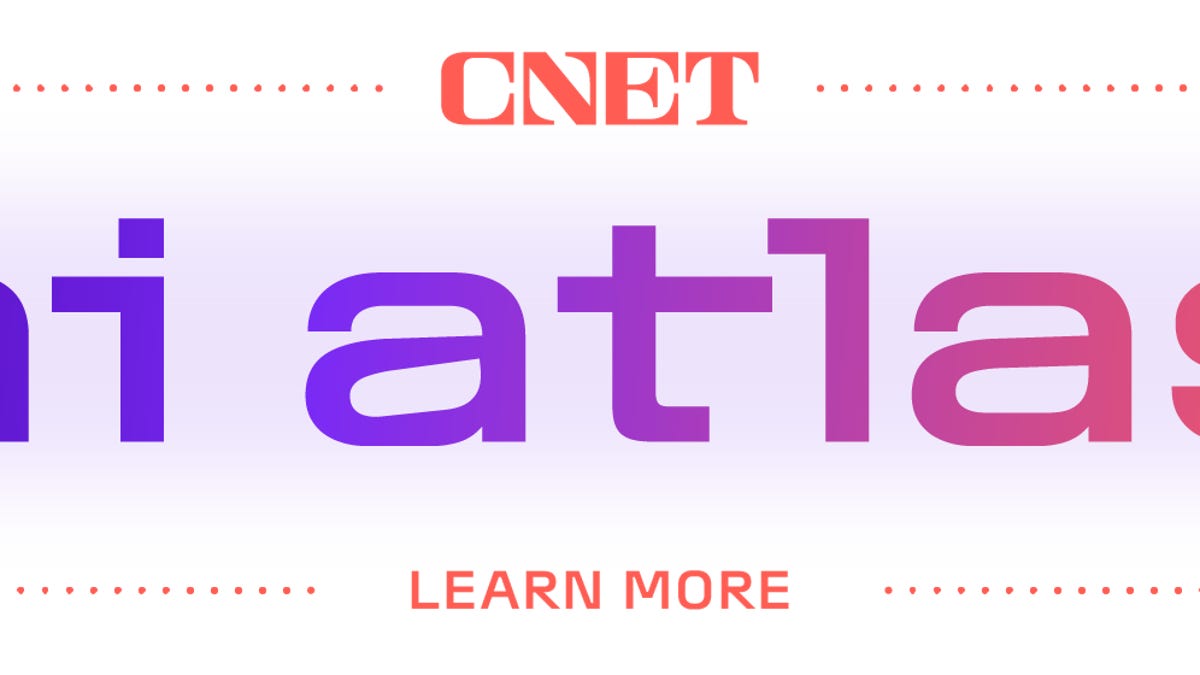Since OpenAI introduced ChatGPT in November 2022, major technology companies have been engaged in an intense, albeit quiet, competition. Industry giants such as Google, Microsoft, and Meta have invested heavily in developing their own AI chatbots, with each claiming superiority. But which of these assertions are actually valid?
ChatGPT has the first mover’s advantage and is currently the most popular AI chatbot.
Microsoft’s Copilot, on the other hand, runs on the same AI model as ChatGPT and produces similar results. Consequently, these two AI systems are more like close relatives than true competitors.
Meta AI is relatively new and still has much to catch up on. However, the only AI chatbot currently giving a tough fight to ChatGPT is Google’s Gemini (previously called Bard), a powerful multi-modal language model that can process text, images, audio, code, and video.
“Gemini shows that Google is in the AI race for real, and that other companies besides OpenAI can build GPT-4 class models,” Ethan Mollick, an AI expert and professor at Wharton School, said in one of his blog posts.
But is Gemini more powerful than ChatGPT? Which one should you pick as your go-to AI tool? And what caveats should you consider while using these powerful AI programs? If these questions are on your mind, rest assured – this article addresses all of these important points and more.
What ChatGPT Plus and Gemini Advanced Offer
Different AI chatbot apps installed in a smartphone. Source: Solen Feyissa/Unsplash
While both ChatGPT and Gemini offer free versions, exploring their paid versions is essential to fully understand their capabilities. With ChatGPT Plus, you gain access to GPT-4, DALL-E 3, and GPT stores.
GPT-4 is OpenAI’s most advanced AI chatbot, DALL-E 3 is a text-to-image generation platform, and the GPT store allows you to create, share, and experiment with customized versions of ChatGPT.
Individuals and businesses already use many such versions for marketing, answering customer queries, creating content, and automating repetitive tasks.
However, if you choose Gemini Advanced (the paid version of Gemini), it will elevate your Google experience significantly. With extensions, you can integrate Gemini AI with various Google services like Maps, Google Docs, Gmail, and more.
This allows users to search and receive answers for multiple queries at once, saving a lot of time and effort on daily tasks that involve different Google tools.
For example, if you have five dishes in mind and want to find the best restaurants in town for each based on Google reviews, Gemini integrated with Maps allows you to get this information without having to search for each dish separately.
All you need to do is type the query on the AI platform, and you’ll instantly have a list of the best restaurants for each dish, along with their respective locations.
Moreover, Gemini Advance also has a Google One subscription that offers two terabytes of cloud storage.
Comparing capabilities: ChatGPT and Gemini head-to-head
Both ChatGPT and Gemini are large language models (LLMs), which means that these AI programs are specially designed to understand and produce human language.
However, making a machine sound like a human is a very complex task because human language has so many nuances. This is why, when comparing the two AI chatbots, you can’t look at only one specific function.
There are several factors at play, and keeping those in mind, when some tech experts and researchers tested Gemini and ChatGPT, this is what they found:
- Creative writing, storytelling, and language translation
Before the launch of ChatGPT, most people believed that AI would primarily replace repetitive tasks like data entry, customer management, and basic administrative duties.
However, ChatGPT initially targeted writers, demonstrating that AI can also enhance and transform more complex and creative tasks.
Both ChatGPT and Gemini are capable of producing human-like language and creating stories. However, Gemini excels in these areas, delivering stories with stronger characters, a more coherent structure, and a smoother flow.
Additionally, Gemini surpasses ChatGPT in language translation, benefiting from Google’s extensive experience with multiple languages through Google Translate.”
Gemini had to pause its image generation feature in February when many users on social media reported that the AI produced images with historical inaccuracies and racial and gender stereotypes. Google plans to improve and relaunch the feature soon.
DALL-E 3, on the other hand, has not faced any major issues. It is active and used by millions of users worldwide. It is also quite good at producing images that align with a user’s prompt.
“I would say that ChatGPT is more consistent when it comes to creating an image that closely matches what I was looking for when we compare them on a same-prompt basis,” Bernard Marr, an AI expert, business coach, and author, told Forbes.
- Coding, logical reasoning, and problem solving
Gemini Advance understands 22 programming languages. It can write code, detect bugs, and solve complex (coding-related) problems. However, when its performance is compared with GPT-4, you may encounter some big differences.
For instance, when you ask both chatbots to write code for generating functional apps, both can write solid code, but the final result with ChatGPT looks more polished than what you make with Gemini.
GPT-4 is also quick at finding complex errors and bugs in code. Moreover, the GPT Store enables users to develop and employ coding assistants tailored to meet specific programming requirements. This is something you can’t do with Gemini.
Maxwell Timothy, an experienced AI journalist at MUO, recently conducted multiple tests to check the coding capabilities of ChatGPT and Gemini. He concluded, “After trying bug-hunting and fixing tasks, ChatGPT was clearly better at the job.”
“Gemini wasn’t totally a lost cause, though. It was able to fix a lot of syntax errors I threw at it, but it struggled with complex errors, especially logical errors,” Timothy added.
- Real-time updates and integration
Gemini is a clear winner when it comes to providing real-time information. Coming from Google, it has direct access to whatever’s happening on the Internet.
However, the free version of ChatGPT (GPT-3.5 and GPT 4o) can provide information only until October 2023. The paid version (GPT-4), on the other hand, uses a special browser tool to look for real-time information. We don’t know how good this browser tool is at searching the Internet.
For someone who heavily relies on tools such as Google Docs, Maps, Google Earth, and Google News, Gemini is far more useful than ChatGPT because, as mentioned earlier, it can be easily integrated with Google services.
However, if you primarily use Microsoft products like MS Office and Skype, Copilot and ChatGPT would be the better choices for you. This is because Microsoft has already begun to integrate the technology running these AI into its various services.
For simple chatting, ChatGPT feels more natural, like conversing with an expert or senior colleague. On the other hand, Gemini acts as an efficient assistant, helping automate tasks.
Both AI programs have strengths and weaknesses, so the best choice depends on your needs. If you’re a creative person needing help with story ideas, consider Gemini. If you’re a tech enthusiast experimenting with code, ChatGPT may be more suitable
What happens to your data?
The global chatbot market was $5.39 billion in 2023 and is expected to grow nearly 10x by 2033. Every big tech company wants to use this opportunity to increase its cash flow, so it has poured billions of dollars into making and improving its AI chatbots.
However, no such programs, including Gemini and ChatGPT, are perfect or can be considered 100 percent reliable. These chatbots still produce inaccurate content, manipulated facts, and erroneous data.
“Both (Chat GPT and Gemini) still suffer from hallucinations and will, fairly frequently, provide information that is simply wrong. For example, Gemini told me that OpenAI’s Dall-E 2 doesn’t use diffusion model technology (it does.) And ChatGPT told me that Gemini isn’t capable of generating images (it is),” Bernard Marr said.
You should always double-check and verify the information generated by these AI programs. Additionally, it is crucial never to share any sensitive or private information with these chatbots.
In its privacy policy for Gemini users, Google notes, “Don’t enter confidential information in your Gemini Apps conversations or any data you wouldn’t want a reviewer to see or Google to use to improve our products, services, and machine-learning technologies.”
By default, both OpenAI and Google store your conversations with their AI programs (you can turn this off, though). They assert that this data is used to train and improve their models. However, there is no way to verify the accuracy of these claims.
NEWSLETTER
The Blueprint Daily
Stay up-to-date on engineering, tech, space, and science news with The Blueprint.
ABOUT THE EDITOR
Rupendra Brahambhatt Rupendra Brahambhatt is an experienced writer, researcher, journalist, and filmmaker. With a B.Sc (Hons.) in Science and PGJMC in Mass Communications, he has been actively working with some of the most innovative brands, news agencies, digital magazines, documentary filmmakers, and nonprofits from different parts of the globe. As an author, he works with a vision to bring forward the right information and encourage a constructive mindset among the masses.




